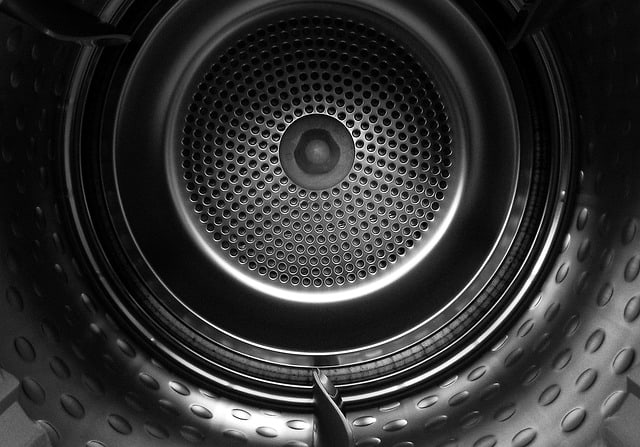Clothes dryer fires are relatively common in the United States. According to the National Fire Protection Association (NFPA), there were an estimated 17,500 clothes dryer fires in residential buildings in the U.S. between 2014 and 2018. These fires caused an estimated 15 deaths, 310 injuries, and $236 million in property damage.
The U.S. Consumer Product Safety Commission (CPSC) estimates that there are an average of 3,000 clothes dryer fires per year, causing an estimated 5 deaths, 100 injuries, and $35 million in property damage.
Keep your clothes dryer safe
Here are some bullet points to keep in mind when ensuring your clothes dryer is safe and your vents aren’t full of lint:
- Clean the lint filter before or after every load of laundry. This will prevent lint buildup in the filter and ensure that air can flow freely through the dryer.
- Use a lint brush or vacuum cleaner with a crevice attachment to clean the lint trap housing and the area around the dryer drum.
- Check the venting system for clogs or restrictions. Make sure that the venting system is made of metal and that the joints are secured with metal tape.
- Don’t use a flexible metal foil vent. These vents can kink or collapse, blocking airflow and increasing the risk of a fire.
- Make sure that the venting system is not damaged or crushed. If the venting system is damaged or crushed, it may not be able to properly vent the dryer’s exhaust.
- Have your dryer inspected and cleaned by a professional once a year. This will ensure that the dryer is operating safely and efficiently, and that the venting system is free of lint and other debris.
- Do not dry clothes that have been previously cleaned in, washed in, soaked in, or spotted with gasoline, kerosene, or other flammable or explosive liquids. The heat from the dryer can cause these fumes to ignite or explode.
- Avoid overloading the dryer. Overloading the dryer can cause the dryer to overheat and increase the risk of a fire.
- If you notice any unusual noises, smells, or smoke coming from your dryer, stop using it immediately and have it inspected by a professional.
- Do not operate the dryer without the lint filter in place.
- Keep the area around the dryer clean and free of clutter.
By following these tips, you can help ensure that your clothes dryer is safe and that your vents aren’t full of lint.
Avoid the main reasons for a clothes dryer fire
Not only can your actual clothes dryer be the cause of a fire, the venting can as well. Clothes dryer get very hot of course which can be a danger on its own but the required venting can as well.
The hot air gets vented outside your home by way of a hose but along with the hot air exiting your home, clothing lint goes with it. Over time, the lint can collect in the hose which can become a fire hazard.
Here are some of the main reasons for a clothes dryer fire:
- Lint buildup: Lint can accumulate in the lint filter, the lint trap housing, and the venting system. If lint builds up, it can block the flow of air, causing the dryer to overheat and potentially catch fire.
- Clogged or restricted vents: If the venting system is clogged or restricted, it can cause the dryer to overheat and potentially catch fire. Your dryer might have a “check vent” light indicating that there is a blockage that needs to be immediately corrected.
- Faulty or damaged parts: A dryer that is not in good working condition, or has faulty or damaged parts, can be a fire hazard.
- Overloading the dryer: Overloading the dryer can cause it to overheat and potentially catch fire.
- Improper installation or maintenance: A dryer that is not installed or maintained properly can be a fire hazard.
- Using the wrong type of venting material: Use of flexible metal foil vent can kink or collapse, blocking airflow and increasing the risk of a fire.
- Drying clothes that have been previously cleaned in, washed in, soaked in, or spotted with gasoline, kerosene, or other flammable or explosive liquids. The heat from the dryer can cause these fumes to ignite or explode.
- Not cleaning the lint filter before or after every load of laundry.
It’s important to regularly maintain your dryer, clean lint filter and venting system, and avoid overloading the dryer to prevent potential fire hazards. In case of any unusual noise, smell, or smoke coming from your dryer, stop using it immediately and have it inspected by a professional.


